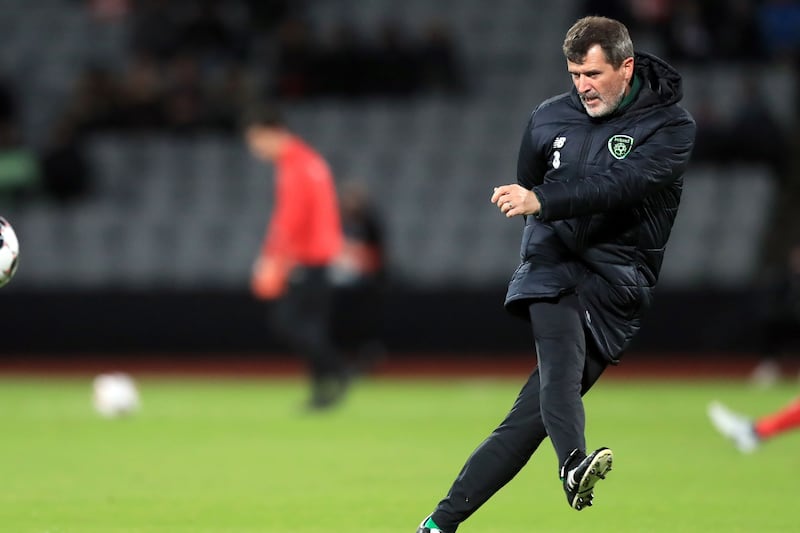A unionist minister wrote directly to Celtic star Neil Lennon in 2002 after he had received a death threat hours ahead of playing for Northern Ireland, telling him there “must be no hiding place” for those responsible.
The letter from then Culture, Arts and Leisure (DCAL) minister Michael McGimpsey said Lennon had “displayed remarkable courage” after he had been jeered by fans at Windsor Park the previous year.
The correspondence is contained in a DCAL file called “Sectarianism in Sport” which is among newly released documents at the Public Record Office in Belfast.
The file also contains a minute of an official meeting where it was suggested Windsor Park did not “create the atmosphere of a neutral venue for major international matches” suggesting this could be resolved by the provision of a new national stadium.
Celtic player Lennon was chosen by then Northern Ireland manager Sammy McIlroy to captain the side in a friendly against Cyprus at Windsor Park in 2002.
A death threat was phoned in to the BBC in the hours leading up to the game, leading to Lennon not taking to the field that night and, ultimately, deciding not to play international football again.
The previous year Lennon had been booed by elements in the crowd at Windsor Park when playing for Northern Ireland.
Mr McGimpsey sent his letter to Lennon at Celtic Football Club on September 4 2002.
He said: “I have just returned to my office today but during my absence, I followed closely the events in Northern Ireland which surrounded your decision to retire from international football.
“When I first heard the news that someone should make such a threat against a sportsman, I was absolutely appalled.
“Just as there is no place in society for anyone who threatens the life on an individual, neither is there a place in sport who single out a player for abuse because of his religion or the club he plays for.
“I condemn totally the actions of those who do so and have already called on anyone with any knowledge of the source of the threat against you to pass the information on to the police immediately.
“There must be no hiding place for these people.”
Mr McGimpsey added: “Last year you displayed remarkable courage when you decided to continue playing for Northern Ireland after that disgraceful episode at Windsor Park and, after this latest outrage, I respect and fully appreciate your reasons for now deciding to bow out of international football.
“Most people in the position in which you have found yourself that day would have done the same.
“Captaining your country for the first time would have been a very proud and memorable occasion for you and an honour which would have been fully merited.”
Mr McGimpsey said the door remained open for Lennon to return to international football.
The file also contains minutes of a meeting held on September 10 1999 to discuss sectarian chanting which had marred a football match between Northern Ireland and France at Windsor Park.
The meeting was attended by civil servants as well as representatives of the Irish Football Association (IFA) and Belfast City Council.
The minute states “sectarian chanting blighted what otherwise would have been an enjoyable sporting event”.
It adds: “It is a major problem indulged in by the vast majority of fans in the West Stand, particularly those visiting from a distance (eg Limavady Supporters Club).
“On a more positive note, some of the local Supporters Clubs (eg Shankill) are now wishing to disassociate themselves from this type of behaviour.
“The IFA is anxious to resolve this issue but see it as being more symptomatic of Northern Ireland in general rather than of football in particular.
“However, it was recognised that the location of Windsor Park in an area where loyalist flags and emblems were displayed in abundance did not create the atmosphere of a neutral venue for major international matches and that this could be resolved by the provision of a National Stadium for Northern Ireland.”









